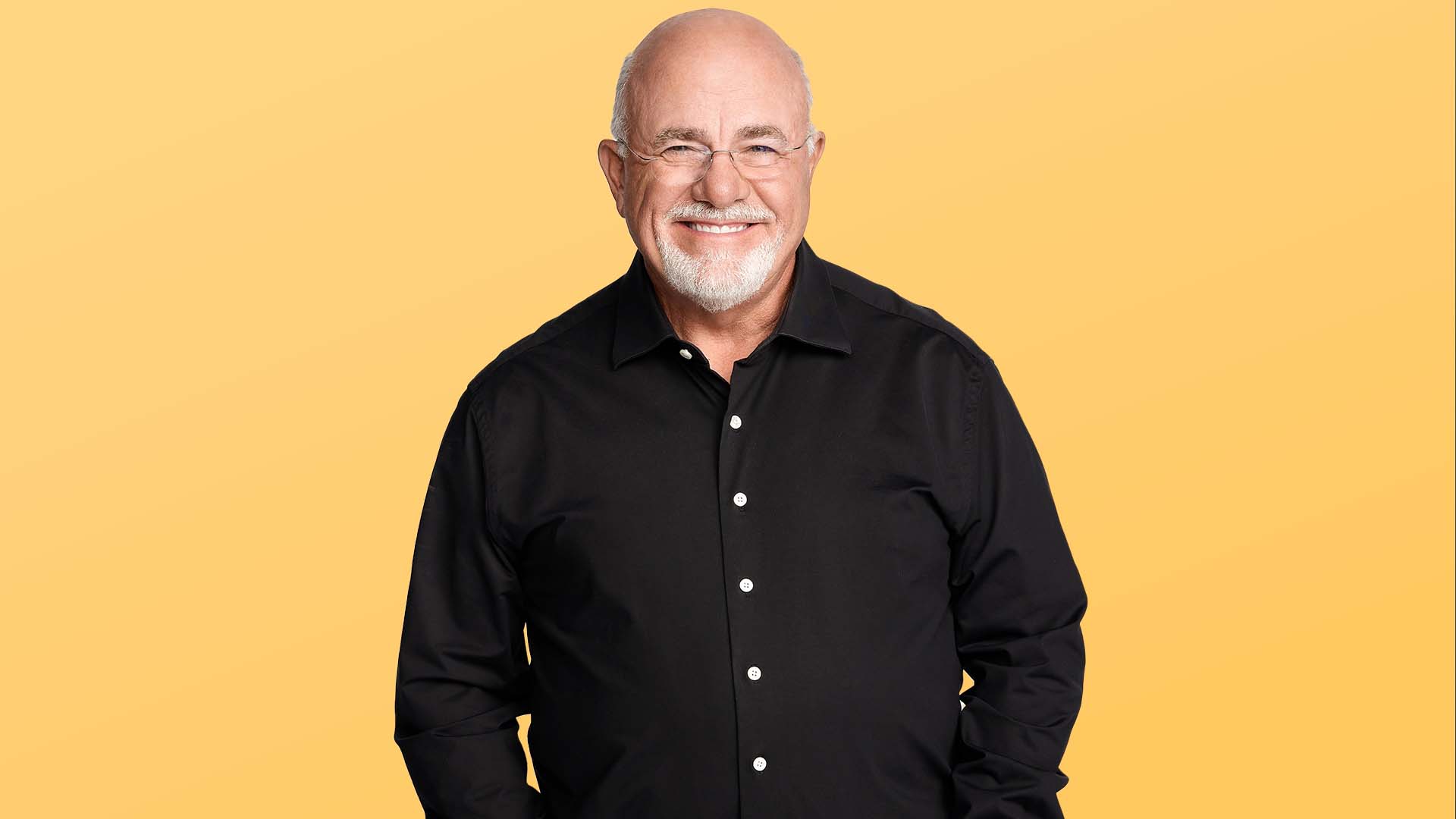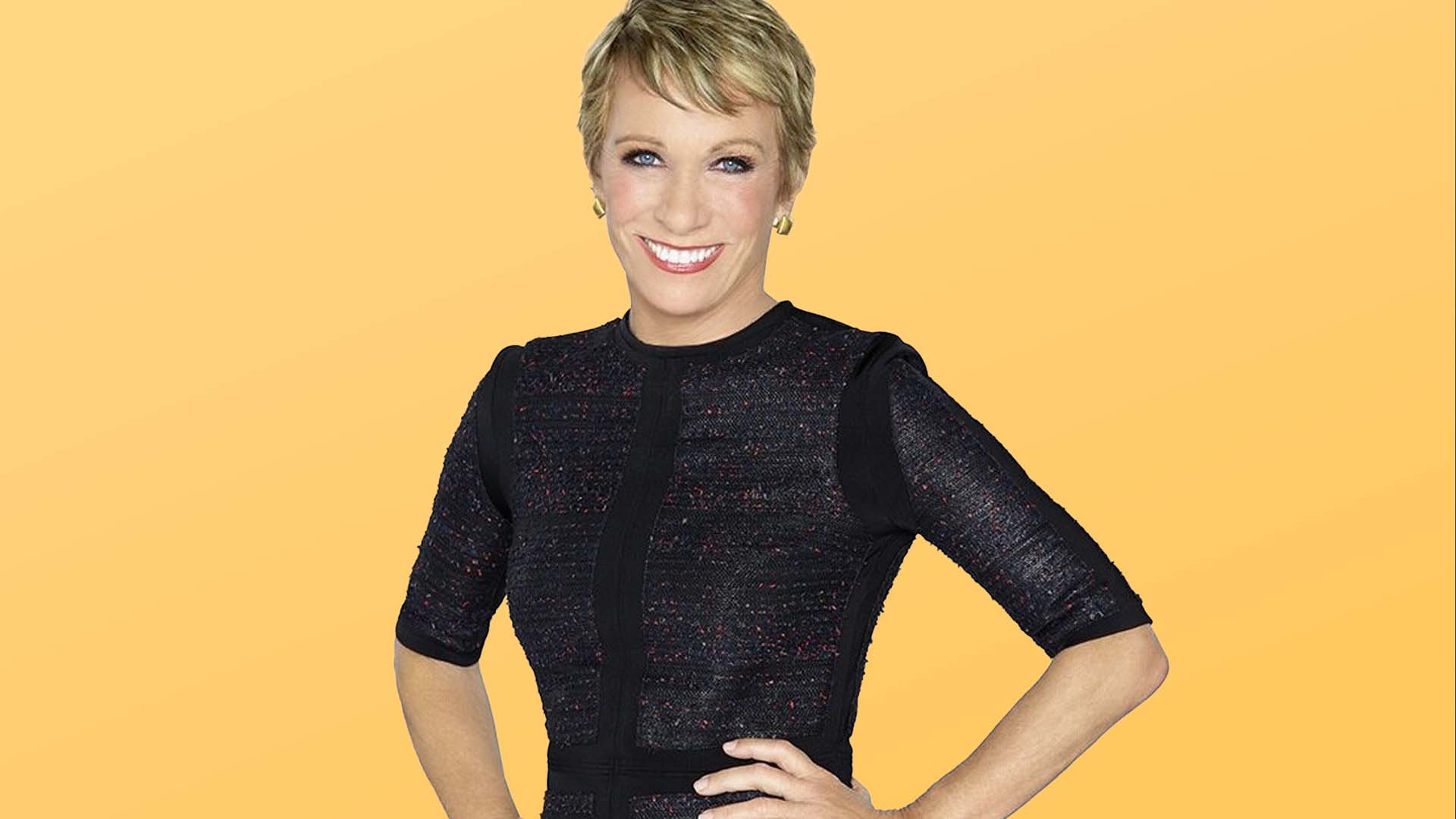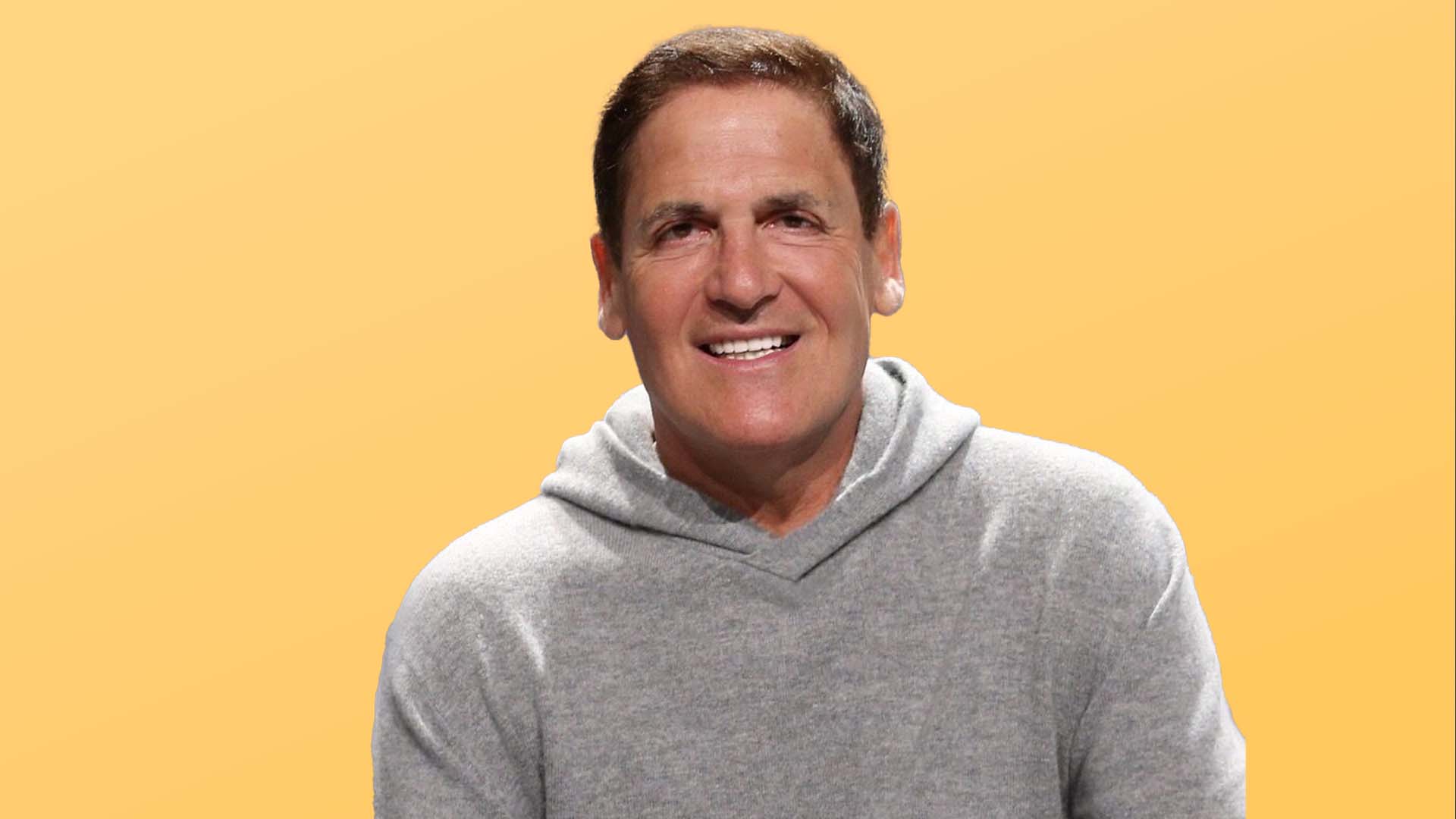7 Financial Pitfalls That Catch Self-Employed People Off Guard

Commitment to Our Readers
GOBankingRates' editorial team is committed to bringing you unbiased reviews and information. We use data-driven methodologies to evaluate financial products and services - our reviews and ratings are not influenced by advertisers. You can read more about our editorial guidelines and our products and services review methodology.

20 Years
Helping You Live Richer

Reviewed
by Experts

Trusted by
Millions of Readers
Being your own boss is empowering, but it also means managing irregular income, taxes and financial planning without a safety net. The freedom of self-employment comes with a whole new set of money rules that most traditional financial advice simply doesn’t cover.
Jannese Torres knows this reality better than most. As a former engineer turned award-winning Latina money expert and founder of Yo Quiero Dinero, she’s helped thousands of self-employed people navigate the unique financial challenges of working for themselves. After 12 years in the game, she’s seen every mistake in the book — and, more importantly, knows how to fix them.
“At the end of the day, self-employment is an act of rebellion and self-trust,” Torres said. “But financial stability doesn’t happen by accident; it happens when you treat your money like the powerful tool it is.”
Here are the seven biggest ways money management changes when you become your own boss, and exactly what you need to do about it.
1. Your Personal and Business Money Need a Clean Break
One of the biggest mistakes Torres sees? “Mixing personal and business finances. You cannot build wealth when your business and your personal money are in a toxic entanglement.”
- The old rule: Keep track of everything in your head or in one account.
- The new rule: Open separate bank accounts and run your business like a business, not a hobby.
This isn’t just about organization; it’s about protection. When tax season rolls around, you’ll thank yourself for having clear records. Plus, banks and lenders take you more seriously when your business finances are properly separated.
2. You Have To Pay Yourself Like an Employee
“They make money and immediately spend it or reinvest 100% of it,” Torres shared about struggling self-employed people. “Sis, you deserve to get paid too.”
- The old rule: Spend whatever’s left after expenses.
- The new rule: Decide on a realistic monthly paycheck and stick to it from the beginning. Adjust as your income grows.
Think of yourself as both the business owner and an employee. Just like any other employee, you need consistent pay to build personal wealth and maintain your lifestyle.
3. Tax Season Starts on Day One
“If you’re not setting aside at least 25-30% of every dollar you make, you’re setting yourself up for pain. Pain, I tell you,” Torres advised.
- The old rule: Deal with taxes once a year.
- The new rule: Open a separate savings account strictly for taxes. Every time you get paid, transfer 25 to 30% for Uncle Sam. No excuses.
Working with a bookkeeper or using tools like QuickBooks or Wave to monitor your income and tax liabilities throughout the year isn’t optional. In fact, it’s an essential survival strategy.
4. Your Budgeting Strategy Flips Completely
“Budgeting on variable income is all about building around your lowest average month, not your highest-earning one,” Torres explained. Too many people plan like they’re always in overflow, and then when a dry month hits, they’re scrambling.
- The old rule: Budget based on your regular paycheck.
- The new rule: Know your “bare minimum” number and budget based on that.
Here’s Torres’s game plan:
- Calculate what you need to survive every month (rent, food, insurance).
- Create a “Hill & Valley Fund” — when you make extra, stash the surplus so you can pull from it in leaner months.
- Use percentages instead of dollar amounts (example: 50% expenses, 30% taxes, 10% savings, 10% fun) so you’re always adjusting to your actual income.
5. Emergency Funds Become Even More Critical
“Business isn’t always booming, and if you don’t have an emergency fund or savings buffer, that can turn into a crisis real quick,” Torres said.
- The old rule: Three to six months of expenses saved up.
- The new rule: Plan for slow seasons with a dedicated business emergency fund on top of your personal one.
Torres recommends using a high-yield business savings account (like Amex Business Blueprint) specifically for your business emergency fund. This gives you a cushion for both personal emergencies and business downturns.
6. Retirement Planning Becomes Your Job Alone
No employer 401(k) match means you’re flying solo on retirement planning — but that’s not necessarily bad news.
- The old rule: Contribute to your employer’s retirement plan.
- The new rule: Open a Solo 401(k) or SEP IRA, which lets you stash way more than a regular IRA.
“You don’t need to wait until you’re making six figures to start investing. Start with what you have,” Torres said. Automate monthly contributions based on your income, even if it’s small at first.
7. Healthcare Becomes a Strategic Decision
Without employer-provided health insurance, you need to get creative about coverage.
- The old rule: Use whatever plan your employer offers.
- The new rule: Research ACA marketplace plans and consider joining organizations that offer group rates.
Torres suggests checking out trade organizations like the Freelancers Union for plan options with preferred pricing. HealthSherpa.com is also a great resource for researching and signing up for plans.
Pro tip: Set up an HSA (Health Savings Account) if you’re eligible. “It’s like a triple tax-advantaged savings hack for medical expenses,” Torres said.
The Bottom Line
Self-employment changes everything about how you handle money — from daily cash flow to long-term planning. The traditional advice about budgeting and saving simply doesn’t apply when your income varies month to month and you’re responsible for your own taxes, retirement and healthcare.
The key is building systems that work with the uncertainty rather than against it. “Financial stability doesn’t happen by accident,” Torres shared. It happens when you acknowledge that being self-employed requires a completely different approach to money — and then you actually implement that approach.
The freedom of working for yourself is real, but it comes with real financial responsibilities. Learn to work with these new money rules, and you’ll find that being your own boss isn’t just empowering. Even better: It’s also financially sustainable.
This article is part of GOBankingRates’ Top 100 Money Experts series, where we spotlight expert answers to the biggest financial questions Americans are asking. Have a question of your own? Share it on our hub — and you’ll be entered for a chance to win $500.
 Written by
Written by  Edited by
Edited by  Money Expert
Money Expert 











































































































